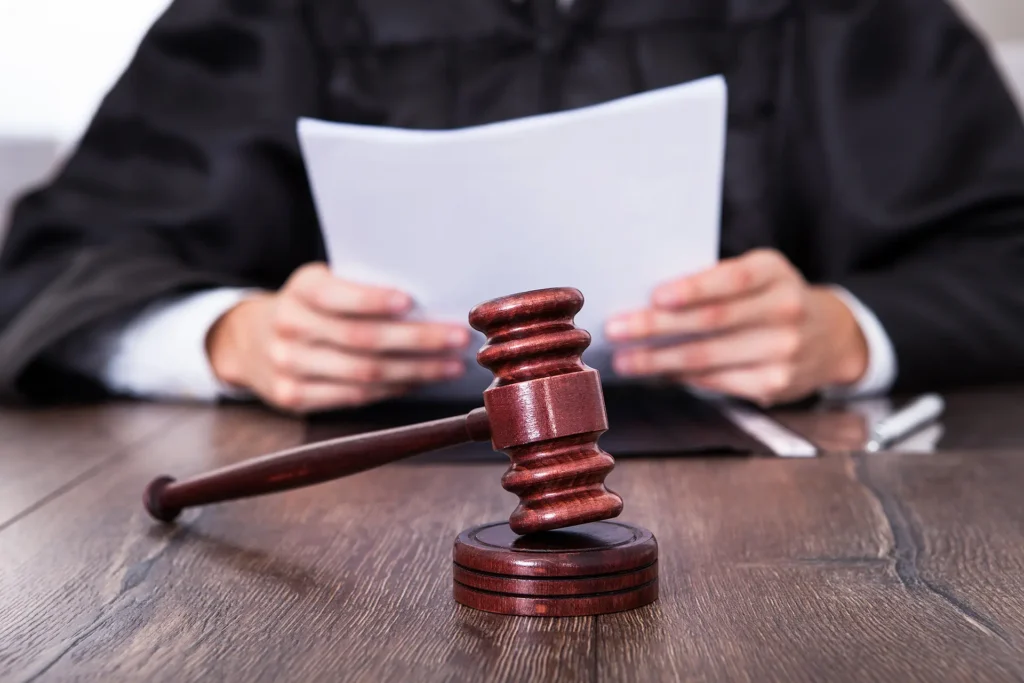How to Get Your Driver’s License Back After a DUI
If you’ve been charged with a DUI in the State of Florida, then your driver’s license could be suspended for a period ranging from 180 days from your first offense to up to eighteen months for your second and subsequent offenses. If you’re like many Americas who rely on their personal vehicle for transportation, you’re anxiously awaiting the opportunity to have your driver’s license reinstated. Fortunately, with the assistance of the best DUI lawyer in Clearwater, there are steps you can take to have these charges dismissed or reduced and your driver’s license reinstated. It’s important to partner with someone like an experienced lawyer from The Law Office of Timothy Sullivan for this process as they are adept at handling DUI cases, routinely deal with the DHSMV in making applications for driving permits and Florida hardship driver’s licenses, and will be dedicated to protecting your privilege to drive.

Waive the Formal Review Hearing to Obtain an Immediate Hardship License
If this is your first DUI arrest in your lifetime, your driver’s license could be suspended for a period ranging from 180 days to one year. Thankfully, you can apply for a hardship driver’s license immediately after your arrest. However, time is of the essence to do so. A hardship license does not restore your full driving privileges; however, it does grant you limited driving privileges for business or employment purposes, depending on which type of hardship license you receive.
Provided that you’re a first-time DUI offender, the best attorneys in Clearwater may recommend that you take advantage of the “waiver” process. This is when you voluntarily waive your rights to a DHSMV Formal Review Hearing within 10 days of your arrest. Through the automatic administrative suspension of your privilege to drive, you’ll also gain the opportunity for immediate application for a hardship license, thus circumventing the hard suspension. That being said, every case is unique, which is why it’s so important to discuss the DHSMV administrative process in more detail with an attorney to determine whether it is truly in your best interest to request or waive the formal review hearing. If you elect to waive your right to challenge the suspension, our DUI-defense team will provide you with step-by-step instructions on securing a hardship license.
Challenge the Administrative Suspension of Your Driving Privilege Via a Formal Review Hearing
If this is not your first DUI arrest or if you don’t choose to waive your right to a formal review hearing, you only have 10 calendar days from the date of your arrest to challenge the suspension of your driver’s license via a Formal Administrative Review Hearing. As this process requires the filing of specialized paperwork and careful attention to Florida DHSMV procedures, we cannot stress enough the importance of partnering with the best DUI attorney in Clearwater. Their years of experience and legal expertise will be crucial to avoiding many of the potential pitfalls and mistakes that can easily leave you without a driver’s license.
An attorney will not only file the application for a Formal Review Hearing within the required deadline, but he or she will also request a copy of the forms and reports law enforcement relied upon to justify taking your license. These documents will be of the utmost importance in preparing for the hearing. If necessary, an attorney also can call witnesses to testify, subpoena and cross-examine the police officer who arrested you, and conduct the hearing without you needing to attend.
Contact an Attorney Today
Above all else, the most important step in getting your license back following a DUI charge is to request the assistance of a qualified attorney who can easily spot the issues associated with both your criminal court case and the DHSMV Formal Review process. Our office routinely handles hearings at the local Florida DHSMV, are familiar with the procedures put in place, and are prepared to tackle the legal issues that must be explored to overturn the administrative suspension. Whether you’re looking to obtain a temporary driving permit, request a Formal Review Hearing, secure a hardship license, and work to have your charges reduced, partner with the best DUI lawyers in Clearwater at The Law Offices of The Law Office of Timothy Sullivan.
For a free consultation with with the best DUI lawyer in Clearwater, please contact The Law Office of Timothy Sullivan today.
Disclaimer: The information contained in this article is for general educational information only. This information does not constitute legal advice, is not intended to constitute legal advice, nor should it be relied upon as legal advice for your specific factual pattern or situation.
Call our office for a free consultation at 727-855-3847
